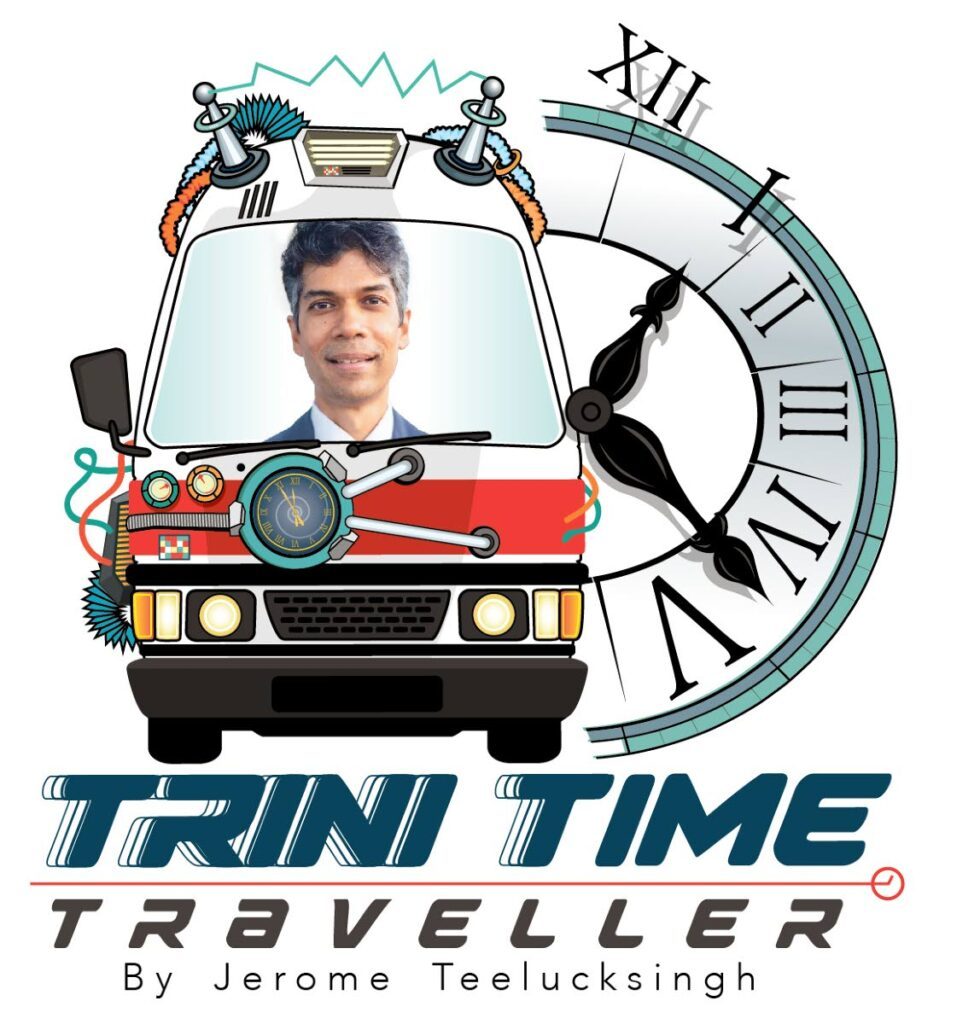You hate history!

Jerome Teelucksingh
ALMOST 50 years ago, in 1975, at a historic symposium on Indians in the Caribbean, VS Naipaul remarked, “We forget; we have no idea of our past; it is part of the trouble. We came from a culture that has not been much given to self-examination or to historical enquiry.”
This is an accurate depiction of the bankruptcy of our historical consciousness.
The lack of appreciation of the humanities, especially the field of history, is partly due to a past and continued emphasis on subjects as science, business, engineering, medicine, and law. It is a fact that most universities throughout the Caribbean have relatively low attendance levels in history classes. Some secondary schools, owing to low numbers in Form 6, have removed the subject from their curriculum. Such actions translate into the devaluation of Caribbean history.
The historian is a dying breed. Sometimes there is an appreciation of history but it is exaggerated and politicised. Maybe the Caribbean must refine its historical mentality if we intend to harness the bygone eras and legacies of the Caribbean.
Local historians made history come alive, thanks to their tenacity and tireless efforts. It’s a pity that locals and other Caribbean citizens don't often appreciate the contribution of our historians.
There continues to be a distorted perception that history is boring. The role of historians who critically assess events, personalities and movements is to be gatekeepers of knowledge and provide objectivity.
Only then can we provide material that could be utilised and appreciated by the public. People need to understand that history has good and evil elements, and we need to learn both sides in our quest to reach the truth.
People are reading less history and non-fiction. Thus, historians of the 21st century have a mandate to empower this generation. They must be more involved in social media to monitor whether the historical tidbits and snippets are accurate and factual.
There are unsung heroes and heroines whose works need to be more accessible to young people, especially in primary and secondary schools. And we need to encourage school administrators to send students to the museums, historical sites, libraries and archives. Such environments ensure young and old minds appreciate the need to curate, catalogue and/or preserve history.
Now is a good time for Caribbean governments to consider establishing a fund to help historians publish and disseminate their research. Often local historians use money from their pockets to publish their work – which demonstrates their desire to get history out into the public.
More people should be assisted in documenting the history of older generations. It seems unfair that resources are allocated for sports and culture and those gatekeepers of history who want to capture exciting historical gems are neglected.
Historians stand on equal footing with the scientist, CEO, politician, engineer or lawyer. Some historians have painstakingly added to the various genres of history and made it more exciting and accessible to the public.
Some scholars who lived during momentous events, such as independence and dark times as the attempted coup of 1990, have analysed those who shaped, formulated, and sought to destroy our country's political, social and economic landscapes.
One such academic is Brinsley Samaroo, who will be honoured this evening at a memorial symposium at Nalis. This landmark public event will certainly send a strong message on the value and relevance of history and the historian. Dr Samaroo made immense contributions that resonated with both scholars and lay people.
We have poorly advocated for the preservation of our history. Unfortunately, some use fiction, gossip and drama, and weave them into history. For instance, there are some people whose only insight about the monarchy is a result of watching the scripted Netflix series The Crown.
If the Caribbean is to become truly progressive, then an appreciation of our history is crucial. Indeed, history, be it yesterday or 5,000 years ago, will enable us to plan and equip ourselves for the present and future. Our study of history will certainly help us to avoid repeating the mistakes of the past.
In TT we tend to see our history from an Indian and African perspective. This is good but still myopic. We need to be objective and not restrict our efforts to only what was considered "important."
Hopefully in the future our historical memory will not be superficial and entail more of the history of other ethnic, racial and religious minorities. Only then can we truly have a genuine understanding of ourselves and others, and provide the framework for peace.

Comments
"You hate history!"